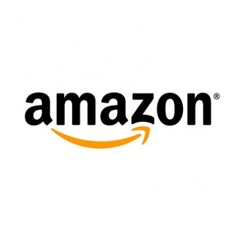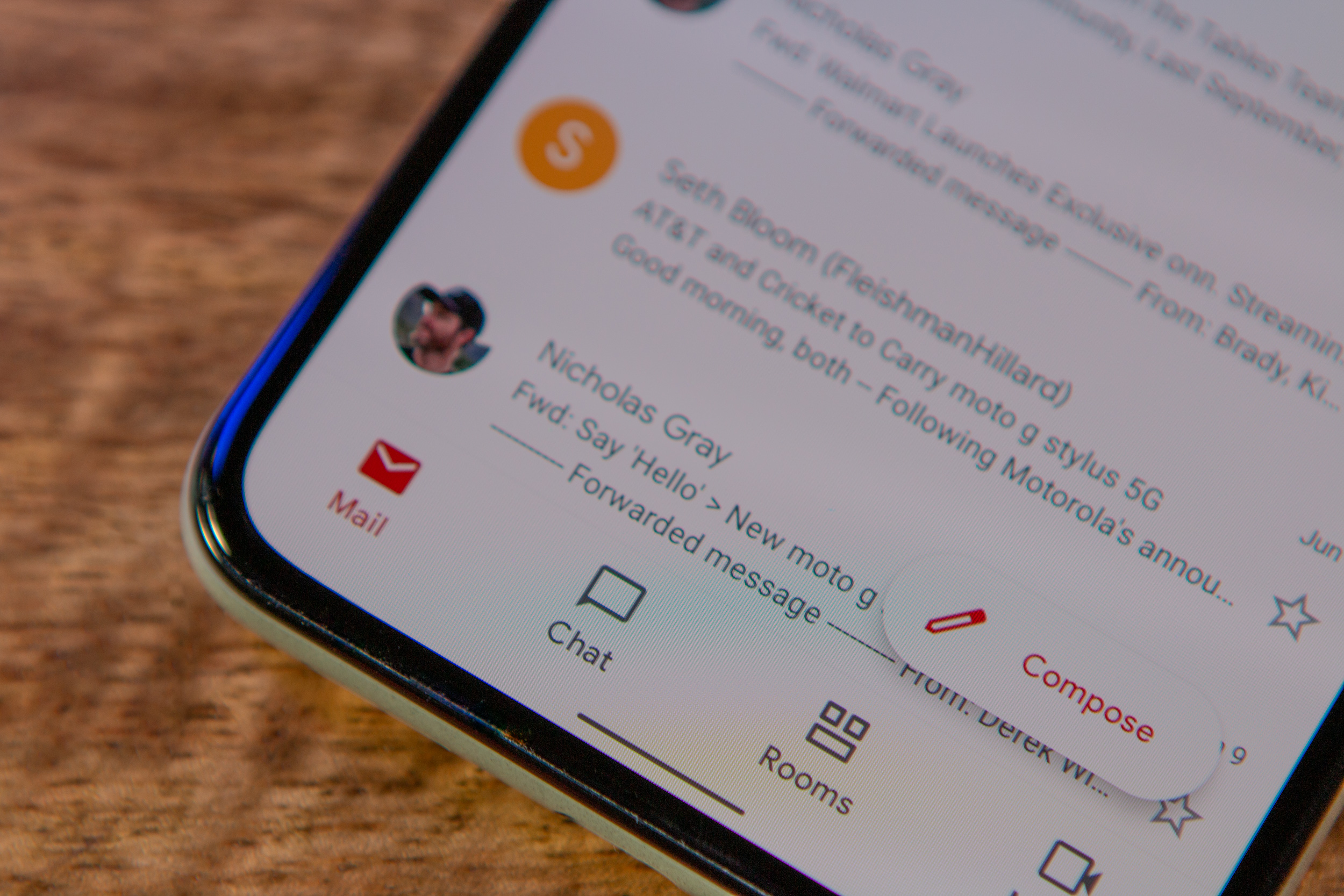A pair of rumors eeked out of the mill yesterday regarding Amazon – one of the biggest online retailers in the world. According to a string of meaty tips received by TechCrunch (which they confirmed were accurate), Amazon will be joining Verizon and others in a growing list of vendors looking to provide their own app store experience. Take a look at the list of clauses that comes along with targeting Amazon’s supposed store:
- For each sale of an App, we will pay you a royalty equal to the greater of 70% of the purchase price or 20% of the List Price as of the purchase date (70/30 is standard, this 20/80 split is somewhat odd and confusing)
- The List Price is apparently in place so that you can’t sell your app cheaper on other “similar services” — meaning other app stores, presumably
- The “similar services” should also include the forthcoming Chrome Web Store, if I’m reading this correctly
- There is a $99 fee to be a developer in this program (the same as Apple’s iOS developer program)
- It seems like if your app is available on other platforms, you have to make sure to update it at the same time on Amazon’s store that you do in any other store (this will piss off a lot of developers)
- Apps will have to be laced with Amazon DRM — meaning they will only work on devices they approve (obviously)
- Amazon has the right to pull any app for any reason (obviously)
- Apps can also be shown on amazon.com (this is up to Amazon)
- You can offer free apps
- The app store is U.S.-only (at least for now)
- This part is interesting too: “We have sole discretion to determine all features and operations of this program and to set the retail price and other terms on which we sell Apps.”
Suddenly, that sounds like another certain “app store” which developers love to hate these days. Looking at this list of restrictions and clauses makes me shiver, naturally, but not before the question comes to mind: why exactly are they doing this and for what device? That’s what makes the next piece to this puzzle all the more believable – Amazon may be launching an Android-based tablet of their own.

That rumor also came to surface courtesy of TechCrunch just a couple of hours removed from this original report, presumably courtesy of the same sources that dropped some of the info on the app store. No hard evidence to be had on this one, but it really doesn’t make sense for Amazon to ask for so much control over an application distribution platform if they didn’t have a really good reason.
It’s believed that whatever tablet this may be will be a direct competitor to the iPad, but who didn’t see that coming? Without details, it’s hard to speculate whether or not Amazon has a real shot at this market. Yes, there’s the wildly-popular Amazon Kindle devices, but that’s eReading – it was a ripe market for the taking and they took it. The Android tablet space is a bit more of the same situation except we either know we have tablets coming from some major players (Samsung) or we’re expecting them (Motorola, HTC). More than it has to compete with the iPad, this supposed Amazon tablet will have to compete in its own Android-based circle before too long.
What do you guys think about all this? If it all turns out to be true, would you support Amazon in their efforts? I personally can’t stand looking at that list of clauses found in the developer agreement (for which many have signed an NDA), and I’m having a hard time visualizing Amazon enticing developers to come from iOS to develop for an unproven device with more of the same restrictions. Don’t get me wrong: I’m all for more Android devices, but I’m just hoping Amazon doesn’t shoot themselves in the foot here.










Sure, why not? Let’s just fragment some more, why don’t we? I see this as a fail, since it’s because this kind of app handling that many people choose Android over iOS. I will admit that failure on Google’s part to significantly enhance the Market experience is leading to efforts like this, but pretty soon people won’t even know where to turn to get apps anymore, and developers are going to get very frustrated, because in order to get maximum exposure, you have to put your app in all the app stores, and every one has a different set of rules. Brilliant, just brilliant.
The only way I can see any of this making sense is if Amazon makes their supposed tablet only compatible with amazon’s own app store, and I can’t see very many people buying an android tablet without the android marketplace…
Soon, with so many custom app stores and custom UI’s on devices, people will not even know what android is, where it begins or where it ends, but then isn’t that what android is all about? no boundaries? I never liked open architecture. Without standardization, well, anything can happen. Cool, yes, productive? Not really.
i think we all have to wait and see how the android market will evolve in ginger bread 3.0. clearly google wasnt expecting various companies to develop their own market.
but in many ways, i think creating a separate market might be THE answer. in the next year, we’ll have a whole array of smartphones and tablets. and not all smartphones or tablets are created equally. Let’s say amazon creates their own tablet. creating their own market for apps specifically optimized for tablet wouldn’t be such a bad thing wouldnt it? And what if Amazon teams up with gaming companies like Gameloft or EA to sell their games apps for them? Amazon is great at customer service and dealing with customers, which something Google isnt. I think in the end, it’ll help the market. in the end, i would hate to search through thousand of apps not knowing whether the app will work with my tablet/phone.
@Inspiron41:
I agree that we need to see where Google decides to go next with the Market. The features they previewed back in May when they officially unveiled Froyo looked promising, but the current situation is pretty painful.
However, I don’t really agree that creating separate markets is the answer, or even really a good choice. Android and the official Market already have numerous mechanisms in place to support and target specific features / specs / whatever, and to have apps that won’t work on a certain device not show up for that device. Granted, it’s up to the developers to properly support this filtering, and not all developers are created equally so some apps will do this better than others. But to tailor your app for several different stores with all sorts of different requirements would take a lot more effort on the part of the developer, which I think would be better spent focusing on improving the integration with the official platform.
Of course Amazon having it’s own propriety market for it’s apps is a bad thing, one of the great things about Android is that the market is Manufacture and carrier independent, just tied to your google account. That way if I buy a load of apps on my Motorola Milestone on T-mobile, but later decide to get an HTC device with someone else I don’t have to buy everything all over again. Amazon are trying to make this happen, do you really think they’ll let the Android market run alongside their version on their devices?
And as for your misguided idea that a split market would protect you from getting non functioning programs, the Android market already has a system of checks in place which let developers set a large range of target requirements for their apps, which if used properly mean that apps you can’t run simply don’t appear in your market place.
I think the reason for this is Google wanting all devices to have phone capabilities before they can grant that device marketplace access. By creating their own app market, Amazon can create a cheap tablet without phone capabilities that also has marketplace access. From what I understand, very few people are interested in buying an android tablet without marketplace access. Also, even fewer people are interested in paying more for a tablet-phone that they will never use to make phone calls from. All in all, I see this as a good thing. If there is anyone that can pull off a new android marketplace, its Amazon.
As far as I’m concerned, I’m not interested in this Amazon tablet. I’m not interested in an android tablet to begin with. The reason being Google admitting themselves that android is not currently suited for tablet computers. I want to wait and see what Google has planned for tablet computers.
I’d actually download things from an Amazon Marketplace. Would it be possible to download it on our current Android devices?
this is 100% fail.
We have a marketplace, we don’t need other ones. That just opens up pricings to be uneven.
Have only the amazon store but not the google market? You’re paying $5 for the same thing people pay $2 for.
This is very interesting. Many of your with out looking at the big picture already calling out 100% Fail. I believe this is a great thing for consumers. Another app store will equal to cheaper devices and cheaper apps. I dont understand why people complaining like little babies. If you think about it. If that is a good apps store that will mean Android will be cheaper. Apparently many of you forgot that Android is Free but you have to pay for the Google Apps. Keeping that in mind Amazon will use a completely free OS (Android) and slap their own app store. If you look at other tablet and Android app store like Archros. Archros tablets are very cheap but sadly it lacks the Google core apps and the Google App Market. As for me that is a big deal to have very little to minimal access to the apps that are available in the market.
Having multiple market i think wouldnt be a bad thing. it will be little more work for Devs to publish apps to multiple markets but come on. They are already making ton of money for apps they create in a months time and collects years around.
Bottom line this is good and will build a healthy competition and it will lead to cheaper Devices like tablets, phones, and other Android devices. To top it all off this will push Google to improve their official Android Market app.
Only question I have is will current Android phones will be able to install the Amazon app market app on their devices or will it be exclusive Amazon only devices that can only have 1 market.
An Android-based Amazon tablet would probably be a somewhat “walled garden” device that would use Amazon’s existing content deals (books, movies, television, and music) for the device under the assumption that most tablets are really just used as an extended mobile content delivery vehicle.
So, if they can lock in their customers on all other content, it would only make sense that the application store would be powered by Amazon and be limited to apps that play nicely with Amazon’s content goals.
See, I look at alternative app stores as a good thing. Android shouldn’t be tied to Google at all. That includes all of the Google applications, as well as the Market.
After owning my first Android phone for a month, its pretty clear to me the differences between Apple’s approach to an app store and Google’s. Frankly, for what its worth, there *is* an advantage to a curated platform. It keeps most of the crap out of your way, making room for the best applications to shine.
Verizon and Amazon are now making a push to create their own curated platforms for Android devices. While developers may not be happy with new, restrictive terms, I think it will benefit them in the end if both companies can succeed in encouraging users to their stuff.
Google should simply release the Market to any android device as a downloadable installer. That way, no matter what your Android phone ships with, you always have access to the Google stuff as well. Best of both worlds, if you ask me.
@Matt, if the requirements stated above remain true, then they will be determining the lowest price for an app since it states that a developer can not sell their app anywhere else for less than what it’s being sold for on the Amazon Market.
My thoughts are that Google needs to take control of the other markets. It seems like this market fractioning is what is driving EA Games away. Palm did not have nearly as powerful hardware when EA signed on with them…and that was before they went up for sale.
I disagree with everyone complaining about more markets for android apps.
.
To quote one, but change terminology, pretty soon, users won’t know what store to go to in order to buy Windows software.
.
Having more markets is only a GOOD thing. Competition. Inevitably leads to better app stores. Developers eventually get a bigger cut due to competition.
.
Maybe we should have one and only one auto parts store? Only one place to buy groceries? Only one supplier of desktop operating systems . . . oh, wait. :-(
I’m really hoping this means a text to speech upgrade to Android’s Kindle software. I would pay for a pro version that had text to speech embedded.
Sounds a little unfair in places. Follow me on this hypothetical example:
I make an app and sell it on both Android Market and Amazon Market for say $2.99. So I’m getting 70% return on this and proves to be popular, maybe more so on Amazon due to the smaller choice of apps on their market.
Amazon decide to employ the last point above and increase the price of the app to $3.99 on their market. As part of point one, can they not then only choose to pay you 20% as your price on the other market is now less.
Great news. I should have more than a single option where to shop. Options is the whole idea behind Android.
The gadgets themselves are made by the same factory in china – they just put different stickers or them.
With Aplle you must bow to the tyrrany of Steve Jobs – with Android there is hope that no one tyrant will corner the market !
@Brad
Agreed. Just fix the friggin Android Market and force all developers to put their apps there. K.I.S.S. = Keep It Simple Stupid.